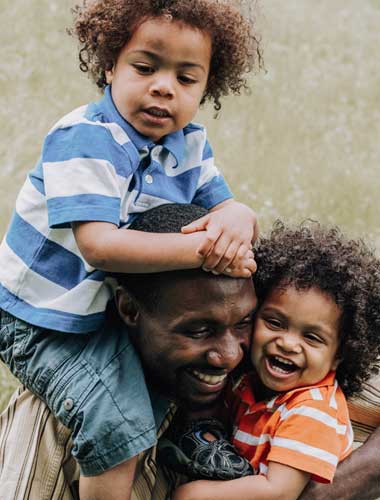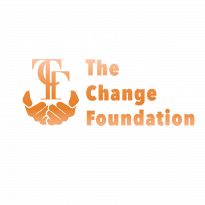Programs
Our Programs
Mental Health Services: National Alliance on Mental Illness (NAMI)
- 1 in 5 adults in the U.S. experience mental illness each year
- 1 in 20 adults in the U.S. experience a serious mental illness each year
- 1 in 6 youth in the U.S. ages 6-17 experience a mental health disorder each year
- 50% of all, lifetime mental illness begins by age 14, and 75% by age 24
- Suicide is the 2nd leading cause of death among people aged 10-34
- 8.4 million people in the U.S. provide care to an adult with mental health issues
- 1 in 15 U.S. adults experienced both substance use disorder and mental illness
- 1 in 5 U.S. adults report the Pandemic had a significant negative impact on their mental health
Domestic Violence: National Coalition Against Domestic Violence (NCADV)
- 20 people per minute are physically abused by an intimate partner
- 1 in 4 women and 1 in 9 men experience severe intimate partner abuse
- 1 in 10 women and 1 in 71 men have been raped by their intimate partner
- 1 in 7 women and 1 in 18 men have been stalked by an intimate partner
- 19% of domestic violence involves a weapon
- 19.3 million women and 5.1 million men in the U.S. have been stalked in their lifetime by an intimate partner
- 72% of all murder-suicides involve an intimate partner
- 1 in 15 children are exposed to intimate partner violence
Educational essentials: Center for disease control (CDC)
- 1 in 3 highschool students had persistent feelings of sadness
- 1 in 6 youth reported making a suicide plan
- 38% of public schools report providing treatment to students for mental health
- Two-thirds of eighth grinders are non-proficient in math and reading due to their mental health
- 1 in 7 10-19 year olds experience at least one mental health condition
- The average student to counselor ratio is 415-to-1
Foster Care and Mental Health: California Association of Local Behavioral Health Boards and Commission
- Up to 80% of children in foster care have significant mental health issues, compared to approximately 18-22% of the general population.
- Foster youth are prescribed psychotropic medications at a much higher rate than non-foster care youth.
- The American Academy of Pediatrics, Healthy Foster Care American Initiative, identifies mental and behavioral health as the “greatest unmet health need for children and teens in foster care.”
- Factors contributing to the mental and behavioral health of children and youth in foster care include; the history of complex trauma, frequently changing situations and transitions, broken family relationships, inconsistent and inadequate access to mental health services and the overall prescription of psychotropic medication.

What Programs we Offer in Our Programs
- Foster Care Youth
- Luggage/Duffle Bags
- Birthday gifts
- Hair care and hair care products
Low-cost Mental Health Services – Income verification is required.
- Low-to-no- cost support groups for:
- Domestic Violence
- Narcissistic Abuse
- Parenting
- Anger Management
- Grief and Loss
- Survivors of Domestic Violence
- Clothes
- Hotel Vouchers
- Hygiene Products
- Referral to medical care
- Educational Essentials
- Vouchers for books and supplies
- Professional Essentials
- Vouchers for clothes/shoes
- Interview training course
